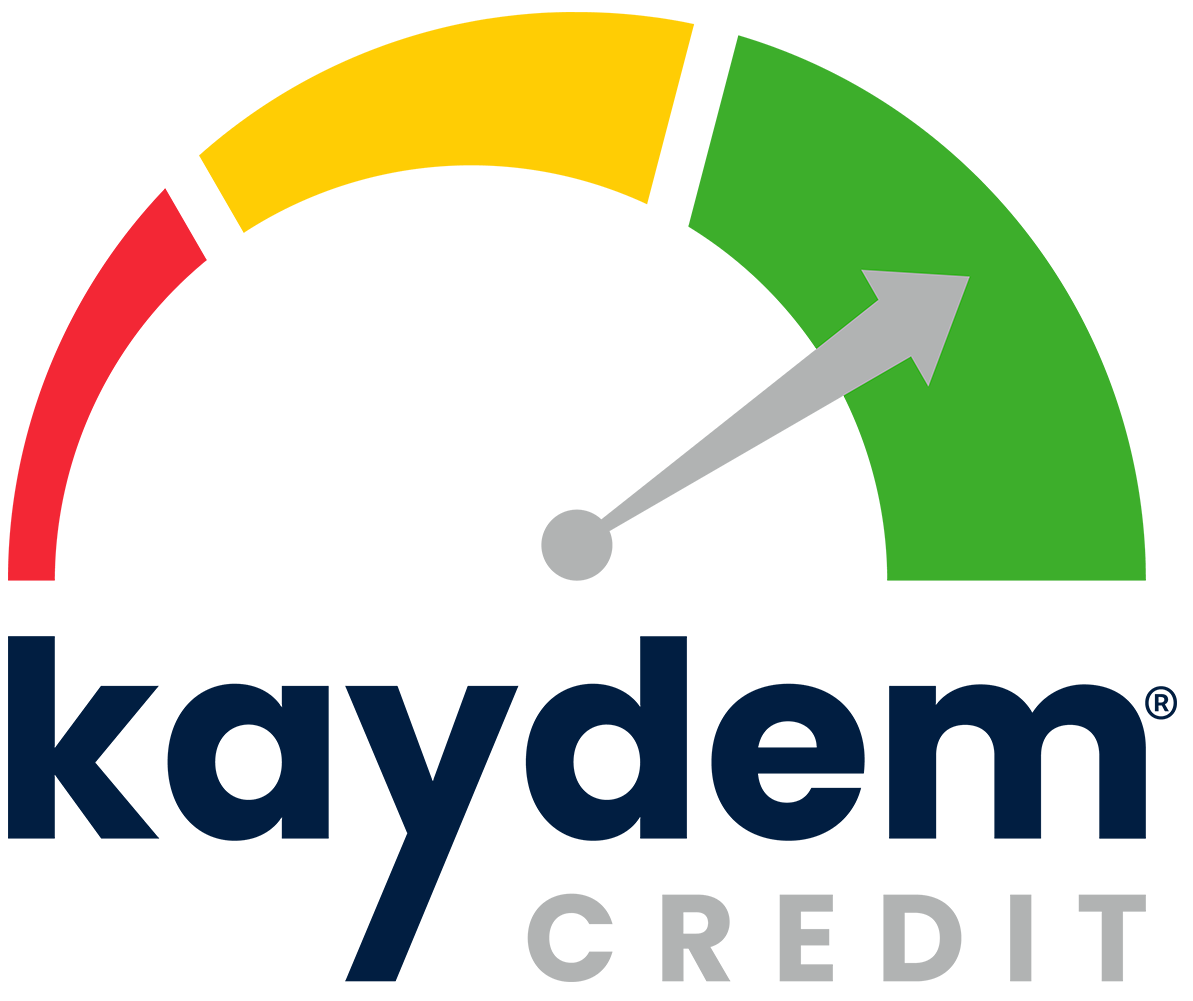Certificates of Deposit, or CDs, are a popular investment option for those who want a low-risk option with guaranteed returns. Essentially, CDs are time-bound savings accounts that offer a fixed interest rate in exchange for locking your funds for a set period. However, when it comes to putting short-term CDs vs. long-term CDs head to head, it can be difficult to know which is the right choice for you.
This article will take a closer look at the pros and cons of each option so you can make an informed decision. Whether you are saving for a short-term goal or looking to maximize your returns for retirement, we will help you choose the right CD for your financial needs.
Understanding Short-Term CDs
Short-term CDs are fixed-income investment tools offered by financial institutions, typically with maturity periods ranging from three months to one year. These CDs involve depositing a specified sum of money with the institution for a predetermined period. At the end of the term, the initial investment is returned along with accrued interest.
Features of Short-Term CDs
Short-term CDs often offer lower interest rates than their long-term counterparts, reflecting the shorter commitment period. They also generally require a minimum deposit. The interest on these CDs can be received at maturity, monthly, quarterly, or annually, depending on the terms set by the financial institution.
Advantages of Short-Term CDs
The primary advantage of short-term CDs lies in their liquidity. Because they mature within a year, investors have quicker access to their funds. This makes them an ideal choice for individuals seeking a safe, low-risk investment option to park their money for a short duration. Furthermore, short-term CDs allow investors to reinvest more frequently at higher rates in a rising interest rate environment.
Disadvantages of Short-Term CDs
On the downside, short-term CDs typically offer lower returns due to their lower interest rates. There is also a penalty for early withdrawal before maturity, which could erode the earned interest and some principal. Lastly, the frequent need to reinvest funds from matured short-term CDs could mean reinvesting at lower interest rates in a falling interest rate environment.
Understanding Long-Term CDs
Long-term CDs are financial products banks or credit unions offer for a term longer than one year, typically ranging from two to five years or even up to 10 years. Like their short-term counterparts, long-term CDs involve depositing a certain amount of money with the institution for the agreed-upon term.
Features of Long-Term CDs
Long-term CDs usually offer higher interest rates than short-term CDs due to the more extended commitment period. The minimum deposit requirements and the frequency of interest payments can vary depending on the institution’s terms. It is important to note that most long-term CDs have a substantial penalty for early withdrawal.
Advantages of Long-Term CDs
One of the main benefits of long-term CDs is the potential for higher returns. Because these CDs lock in your money for longer, they generally come with higher interest rates. This can be particularly advantageous in a falling interest rate environment, as your investment will continue to earn the locked-in rate even if market rates drop. Furthermore, these CDs can serve as a low-risk investment option for individuals with a clear long-term savings goal.
Disadvantages of Long-Term CDs
The primary drawback of long-term CDs lies in their lack of liquidity. Your money is tied up for longer, and accessing it before the maturity date usually incurs a hefty penalty. This makes long-term CDs less suitable for those needing to access their funds on short notice. Additionally, in a rising interest rate environment, the locked-in rate might end up being lower than what you could earn if you had the flexibility to reinvest at the new, higher rates.
Short-Term vs. Long-Term CDs
When investing in CDs choosing between short-term and long-term options depends on various factors, including interest rates, liquidity needs, risk tolerance, and long-term financial goals.
Interest Rates
Generally, long-term CDs offer higher interest rates than short-term CDs due to the extended commitment period. This difference can yield a significant yield, especially for substantial money deposited over multiple years. However, short-term CDs can be more advantageous in a rising interest rate environment as they allow for frequent reinvestment at potentially higher rates.
Liquidity and Access to Funds
Short-term CDs provide greater liquidity due to their shorter maturity periods, ranging from a few months to a year. This makes them suitable for investors who may need access to their funds in the near future. On the other hand, long-term CDs tie up your money for a more extended period, which can be several years. Early withdrawal usually incurs a hefty penalty, making these CDs less ideal for those requiring quick access to their funds.
Risk Factors Associated with Both Types
Short- and long-term CDs are considered low-risk investments as they are insured by the Federal Deposit Insurance Corporation (FDIC) up to the maximum allowed by law. However, the main risk associated with CDs is the opportunity cost. For long-term CDs, there is a risk that interest rates might rise above your locked-in rate. Meanwhile, short-term CDs could miss out on better returns offered by long-term CDs or other investment opportunities.
Impact on Financial Goals
Ultimately, choosing short-term and long-term CDs should align with your financial goals. Short-term CDs might be the better option if you are saving for a short-term goal or need to create an emergency fund. Conversely, long-term CDs could offer higher returns and a guaranteed return on investment for long-term goals like retirement or a child’s college education.
Case Scenarios: When to Choose Short-Term and Long-Term CDs
Investing in short-term or long-term CDs depends heavily on one’s financial goals and circumstances. Here are a few scenarios that might help you decide which option is best for you.
Scenario 1: Saving for a Short-Term Goal
If you are saving for a short-term goal, such as a vacation or a down payment on a car, a short-term CD might be the best choice. Since these goals typically have a deadline within a year or two, the shorter maturity period of a short-term CD is ideal. It offers a guaranteed return on your investment without tying up your funds for an extended period. Plus, if interest rates rise during your term, you can take advantage of them sooner.
Scenario 2: Investing for Retirement
When investing for retirement, a long-term CD could be a wise choice. These CDs generally offer higher interest rates, which can significantly increase your savings over time. If you are many years away from retirement and will not need access to these funds for some time, the lack of liquidity associated with long-term CDs will not be a significant drawback. However, it is essential to diversify your portfolio and not rely solely on CDs for your retirement savings.
Scenario 3: Building an Emergency Fund
An emergency fund should be easily accessible and risk-free, making short-term CDs an excellent option. They offer a higher interest rate than a regular savings account, ensuring your funds are available relatively quickly if an unexpected expense arises. However, remember that there could be penalties for early withdrawal, so consider keeping a portion of your emergency fund in a regular savings account for immediate access.
Short-Term vs. Long-Term CDs – How to Choose Which is Best for You
Certificates of Deposit, both short-term and long-term, can be a valuable addition to any investment portfolio, offering stability and guaranteed returns. When putting short-term CDs vs. long-term CDs, the choice between the two depends on your financial objectives, time horizon, and liquidity needs. Short-term CDs are ideal for short-term goals and emergency funds due to their higher liquidity. In contrast, with higher interest rates, long-term CDs can contribute significantly to long-term savings such as retirement.
However, it is crucial to remember that CDs should be part of a diversified portfolio to balance risk and return effectively. Always take into account your financial situation before making any investment decisions.
Disclaimer: This article is intended for informational purposes only and should not be construed as professional financial advice. Consult with a certified financial advisor for personalized advice tailored to your situation.







